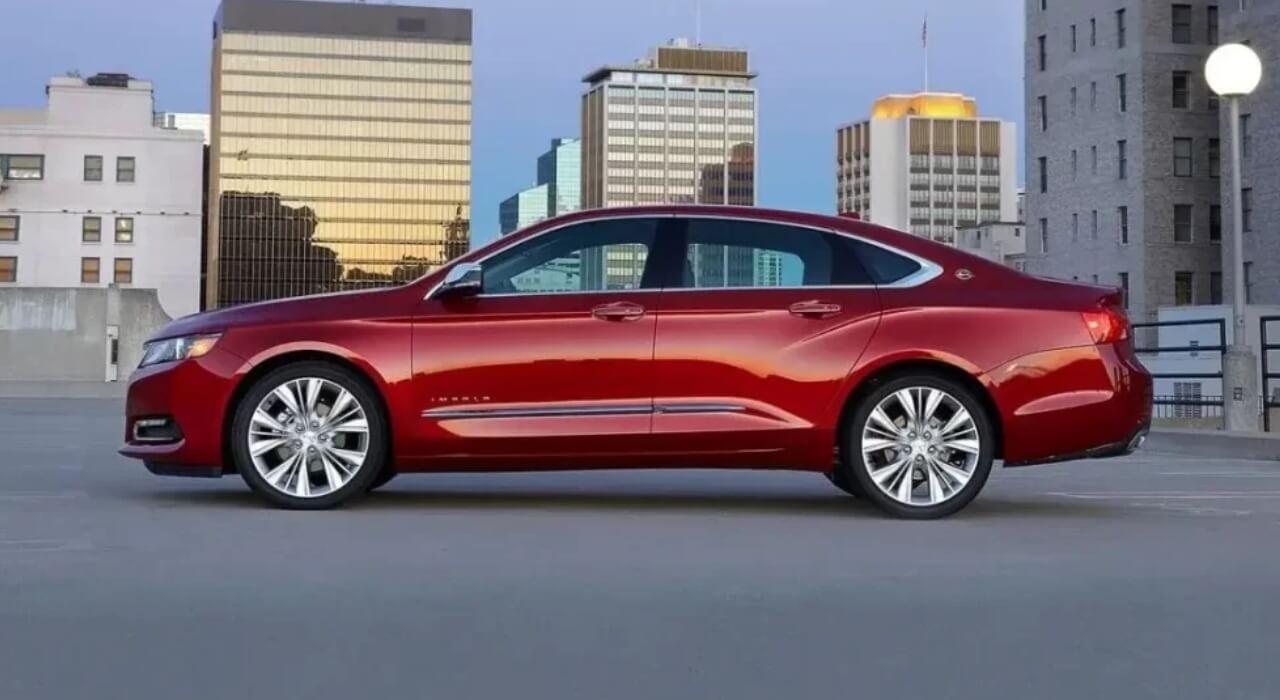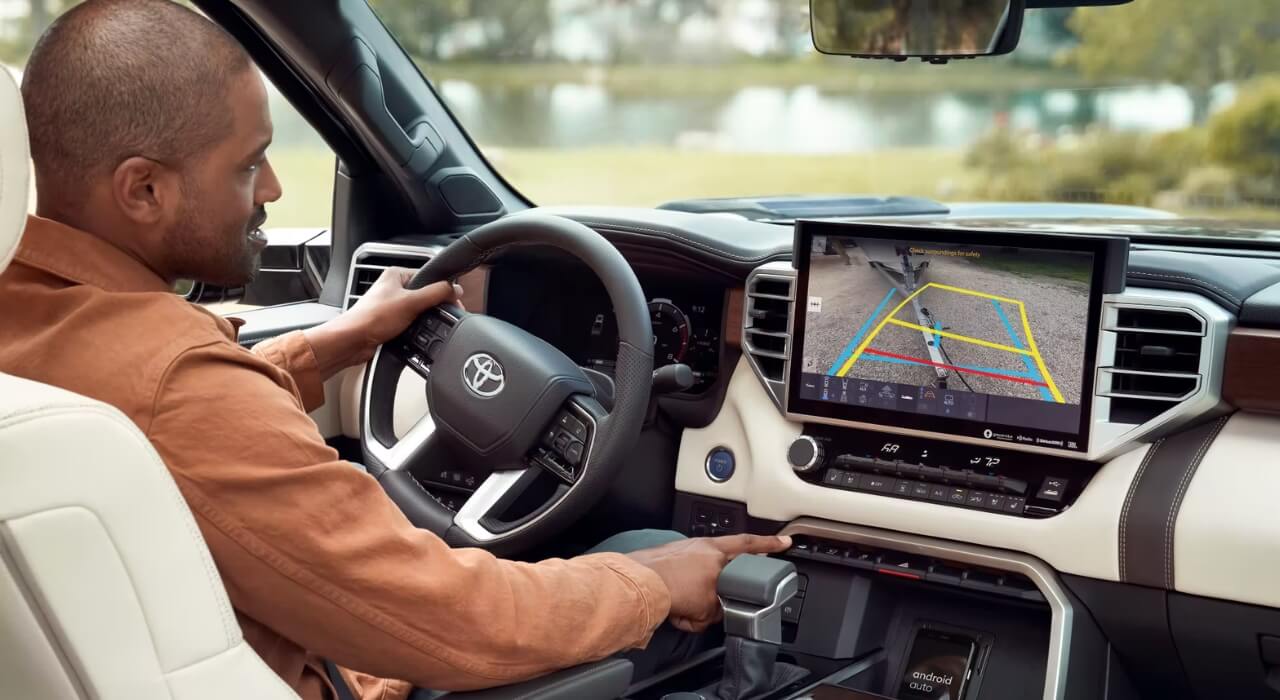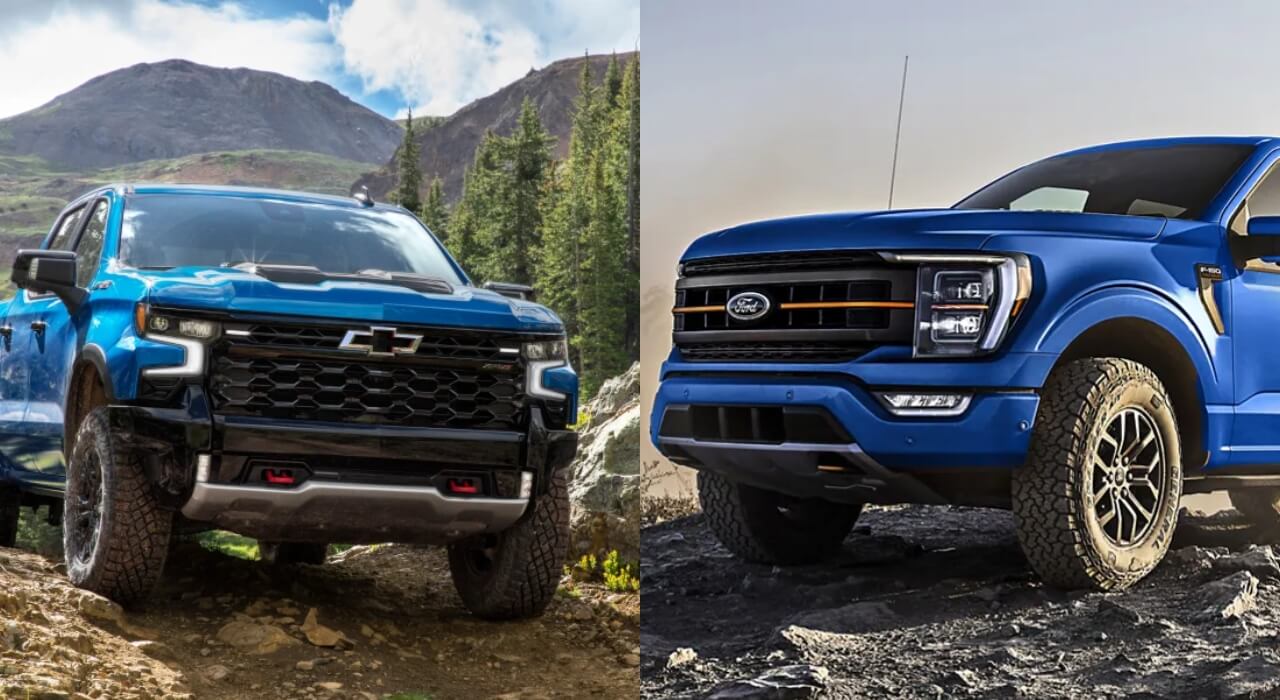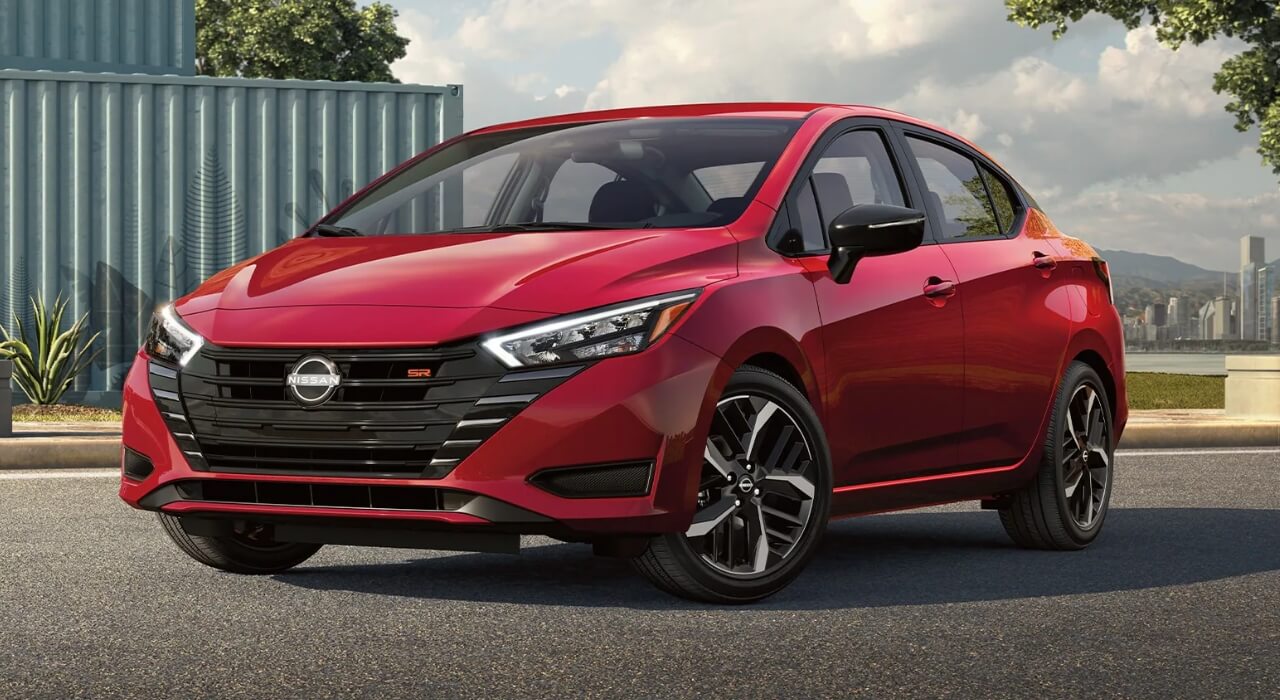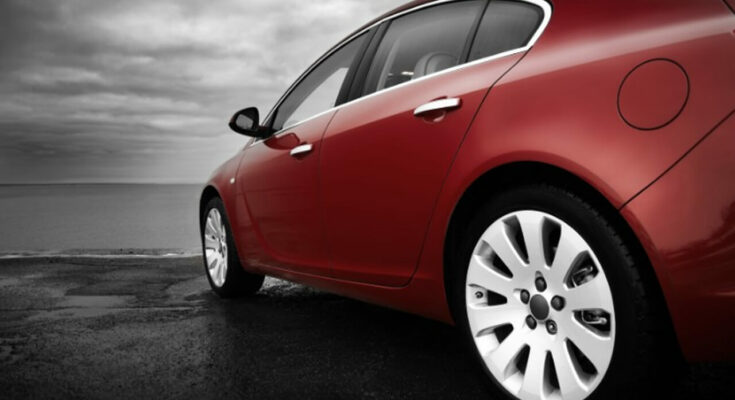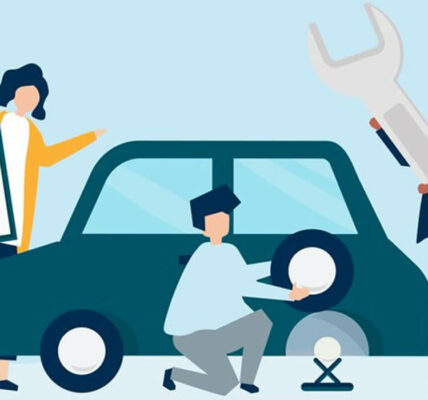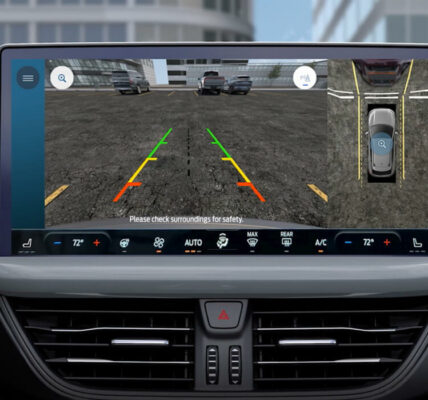Buying a car is a big deal, but what if it turns out to be a problem? California has something called the Lemon Law to help. If your new car has a big problem that the dealer can’t fix, even after trying many times, the Lemon Law might help you get your money back or a new car.
Nobody wants a car that’s always broken! So, what kind of cars does the Lemon Law cover? Let’s find out. If your vehicle has constant problems, talking to a smart lawyer is a good idea. They can help you understand the rules and get things sorted out.
Staying safe with Lemon Law
Lemon Law in California helps people when their cars have big problems that can’t be fixed easily. If your vehicle has too many issues and the company can’t fix them reasonably, Lemon Law is there for you. The law says the company must try to fix your car many times.
Here’s the good news: Lemon Law is for most new cars in California with a warranty. It works for people who buy or lease new or used cars under the warranty. If your car is a lemon, the law gives you two cool options: a similar replacement or your money back. Lemon Law is not just for cars—it covers motorcycles, trucks, boats, and RVs. Stay protected with Lemon Law!
According to the California lemon law attorneys at Young & Young APC, the law is a shield for consumers dealing with troublesome vehicles. It extends its protective wings over various new and used vehicles, ensuring that purchasers are not stranded with a defective product. Let’s delve into the specifics of the types of vehicles covered under this law.
Cars for Personal Use
If you’ve purchased a car for personal use in California and find yourself wrestling with problems covered by the manufacturer’s warranty, take heart – the Lemon Law has your back. However, a crucial condition is that the car must have been bought within the state to file a claim successfully.
SUVs in the State
SUVs purchased in California fall under the protective umbrella of the Lemon Law, offering expansive coverage for consumers. To qualify, these SUVs must meet legal requirements, and issues addressed under the manufacturer’s warranty become the pivotal factor.
Suggestion: 2024 Hot Rod Power Tour Announcement Route Map & Schedule
This ensures that SUV owners facing warranty-covered problems can seek relief under California’s Lemon Law.
Vans with Some Exceptions
While California’s Lemon Law covers vans, a cautionary note exists: the protection extends only to the original vehicle. Adding after-market parts may jeopardize the vehicle’s eligibility under the law. Van owners must exercise caution when considering modifications to ensure continued coverage under the Lemon Law.
Trucks for Personal Use
Personal-use trucks, like cars and SUVs, fall under California’s Lemon Law protection if they meet standard requirements. The law applies when these trucks experience issues covered by the manufacturer’s warranty, serving as the key criteria for determining eligibility and seeking remedies under the Lemon Law.
Motorhomes or RVs
The wanderlust-inspiring Motorhomes or RVs find themselves within the ambit of California’s Lemon Law. However, owners should tread carefully if contemplating after-market modifications, as these could jeopardize the vehicle’s performance and Lemon Law protection.
Scooters for Personal Transportation
Scooters, serving as agile companions for personal transportation, are safeguarded by California’s Lemon Law. Consumers are protected if these nimble vehicles encounter problems covered by the warranty.
Also Check: Are Radar Detectors Legal In USA? – Know Before You Buy In 2024
The law ensures that purchasers of scooters have recourse and aren’t left stranded with persisting defects in their mode of personal transportation.
Motorcycles for Personal Use
California’s Lemon Law extends its protective reach to motorcycles used for personal transportation, offering coverage for defects under the manufacturer’s warranty.
However, a crucial distinction exists—motorcycles designed exclusively for off-roading or racing might not always meet the criteria for Lemon Law protection. Owners should know these nuances when seeking remedies for issues with their motorcycles.
Used Vehicles Protection
Contrary to common belief, the Lemon Law isn’t exclusive to brand-new vehicles. It extends its protective arm to cover used vehicles as well.
The conditions for used vehicles differ slightly, encompassing those still under the original manufacturer’s warranty or experiencing defects within a specified time after purchase.
New Car Lemon Law
Purchasing a brand-new car should be a joyous occasion, marked by that distinctive new car smell. Yet, the New Car Lemon Law steps in if issues arise covered by the express written warranty.
Suggestion: 2025 Toyota Camry Review, Price, Release Date & All Top Specs
This law safeguards consumers who have purchased a new vehicle with defects covered under the warranty, whether for personal or business use.
Business Vehicles Covered
Even businesses are not left out of the protective embrace of California’s Lemon Law. Business vehicles, purchased or leased, can avail themselves of this protection under certain conditions. The vehicle must weigh less than 10,000 pounds and be registered to no more than five people in California. Notably, vehicles owned by businesses but registered outside California miss out on Lemon Law protection in the state.
What Qualifies a Vehicle as a Lemon in California?
A car might be considered a lemon in California if it meets specific legal rules. Here’s what makes a vehicle a lemon:
- Repair Attempts:The carmaker must try to fix a warranty-covered problem at least two times.
- Long Repair Time: If the car is in the shop for over 30 days, trying to fix warranty-covered issues, it could be a lemon.
- Mechanical Defect: The car must have a mechanical problem that affects how it works, its safety, or its value. Importantly, this problem can’t be because of how the driver used the car.
However, some lemon law rules in California can be a bit unclear. For instance, the law doesn’t say exactly how many times the car needs fixing—just that it should be a “reasonable number.” This lack of precision might be a challenge for your claim.
Manufacturers might use this as a defense to argue that the car wasn’t brought in for enough repairs. If your car faces repeated issues, it’s crucial to understand these rules and work with them to see if you qualify for lemon law protection.
The Lemon Law is a safety net for troubled vehicle owners in California. Whether it’s cars, SUVs, vans, or motorcycles, the law extends protection against persistent defects. The Lemon Law ensures relief under specific conditions for new or used vehicles, including business ones.
To qualify, a vehicle must undergo reasonable repair attempts, face extended repair periods, and exhibit mechanical defects affecting its use, safety, or value. While some rules may seem unclear, seeking professional advice, like from Young & Young APC, ensures clarity. If your vehicle faces repeated issues, consult experts to explore Lemon Law protection.







